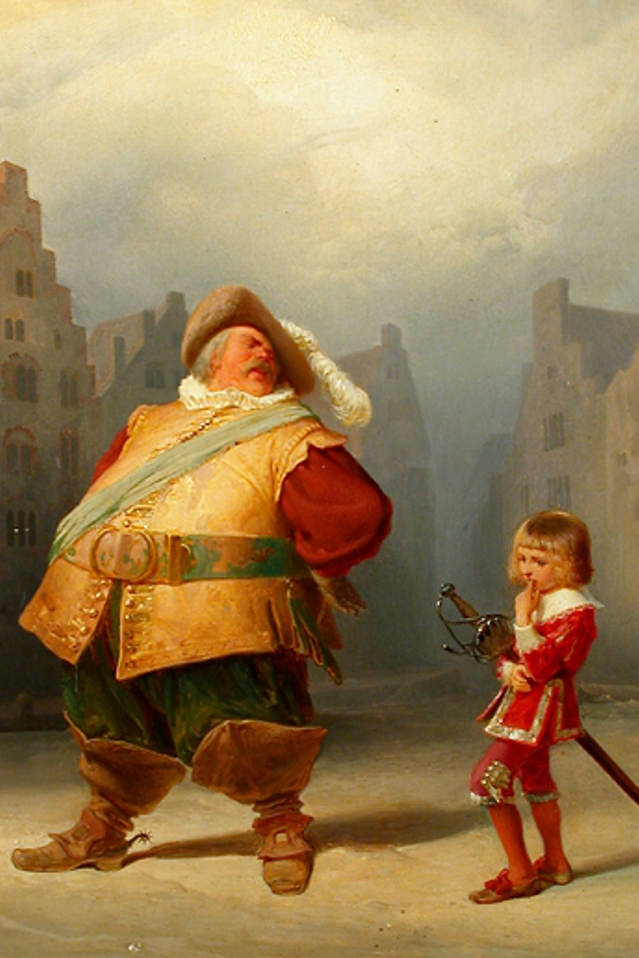So my daughter has a friend over the other night, who happens to be involved in local theatre. Over dinner conversation, I ask, “Which play is next?”
“Musical?” she replies. I can’t tell if that’s the name of a play, or if she’s asking me to clarify which musical they’re doing next or just any play. “Oh but I guess we’re doing Shakespeare too.” This friend knows she’s in a Shakespeare house, for context.
“Which one?” I ask.
“I don’t know.”
“Give me the smallest clue,” I try.
“Something underground about Henry IV?”
“Well, there are two plays called Henry IV.”
“That’s probably it, then! I bet it’s one of those.”

Never one to miss a teaching opportunity I proceed to explain Henry IV in my no doubt highly inaccurate but hopefully compelling way: “So at the start of the play you’ve got the old king, Henry IV. And he’s got this son, Hal. And Hal’s being groomed to take over when his father dies, and become Henry V. Like William and Harry, from the Royal Family? Same idea. Oldest son has to live his life a certain way because he’s going to be king someday. Well, Hal has no interest in being king. Hal just wants to party with his friends.”
“They partied back in Shakespeare’s day?”
“Oh my yes. So Hal’s got this best friend, Falstaff. Falstaff’s much older than Hal, and he ends up being more like a father figure. They do everything together, they party, they get drunk, they wake up late, they get into fights. But all the while Falstaff knows that one day, one day this kid is going to be king. And that’s going to be a big day, that’s going to be everything they ever wanted.
And then one day it happens. Falstaff’s sleeping late as usual when his friends wake him up and say, “It’s happened! The king is dead! Hal is the new king!” And Falstaff goes running through town to find him and celebrate that the day has finally come. And you get this big huge scene when Falstaff comes into the coronation and bursts through the crowd shouting “My boy! My king!”
I pause and see if I’ve still got her attention. I very much do.
“And Hal turns to him and says, “I know thee not, old man.” And banishes him.”
Her jaw dropped.
Who says Shakespeare is boring? I will teach you Shakespeare in my kitchen while I clear the table. Do I get some details wrong? Probably. Does my captive audience learn anything about themes and symbolism? Nope. But are they interested now? Definitely.
